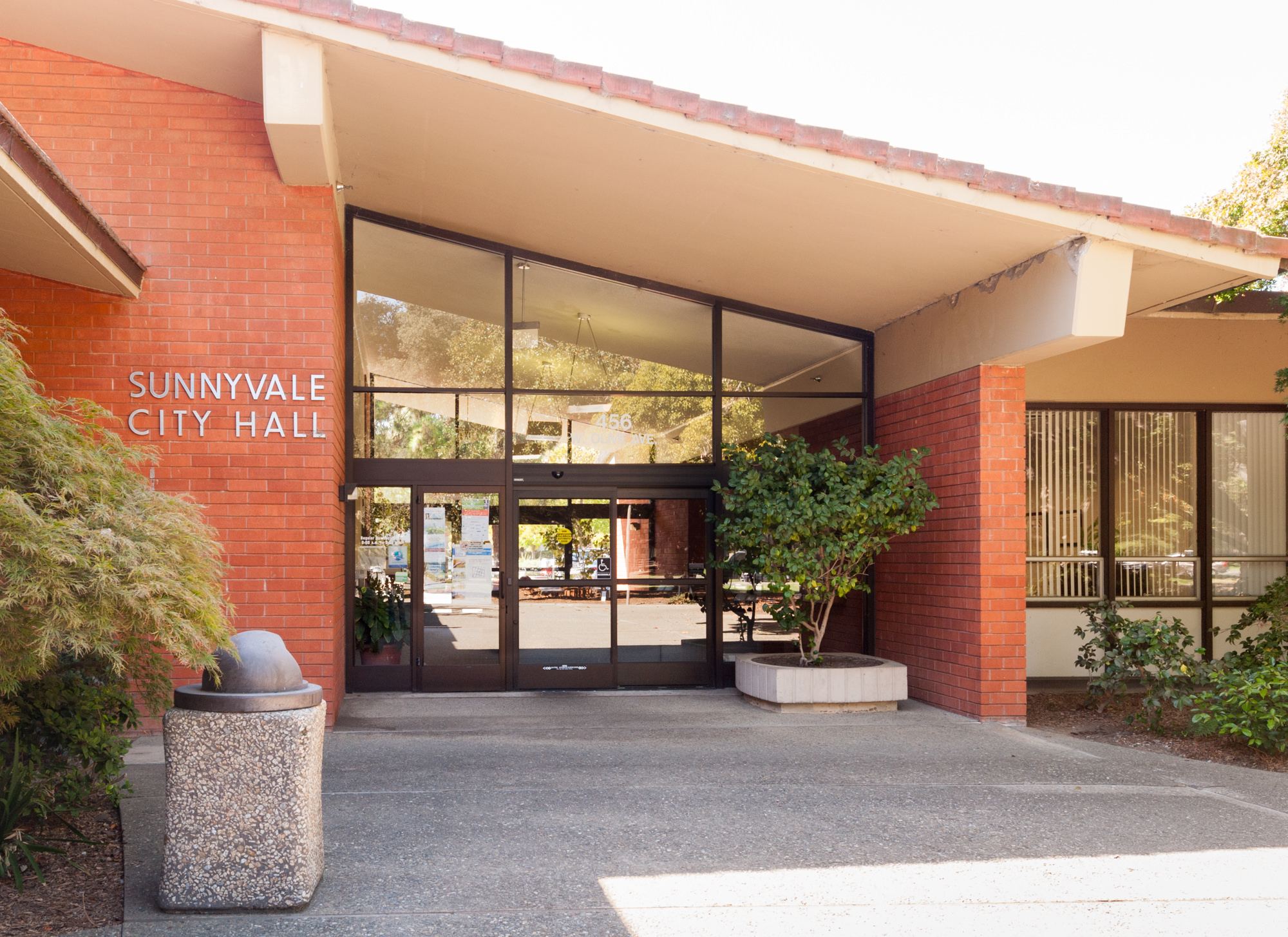

Very interesting agenda tonight. We start the evening with two closed sessions, for the City Manager’s and City Attorney’s performance review. One of them is the annual review (the City Manager’s, I believe). The other is the semi-annual review.
This is followed by two study sessions to prepare the Council for forming the new government in January — one to give councilmembers an opportunity to express an interest in serving as Mayor or Vice Mayor, and one to review the current intergovernmental relations assignments and to express interest in changes to those assignments. Both of these will be formally voted on at our January 8th meeting, after the old Council is dismissed and the new Council is sworn in.
The consent calendar is, unsurprisingly, very large, due to trying to get all of the year-end housekeeping done before we go on break. We have a review of last fiscal year’s development fee revenue, how it was spent, and what to do with the remaining balance.
We received some $52 million in development fees last FY, mostly for housing mitigation/impact, sense of place, park dedication, and transportation impact. The resolution of these is pretty straightforward — they go into their respective funds, since we cannot spend them on anything but their intended purpose.
Moving right along, the consent calendar also has a contract for sewer siphon cleaning and inspection. We have an update to the city’s salary table to reflect the increased minimum wage, the automatic update to Council salaries (3.92%, per the Charter and based on the CPI increase). There’s a consulting contract for the studies related to the housing component of the Lawrence Station Area Plan. There’s a contract for traffic signal timing and optimization.
There are three resolutions that we have to file to be eligible for $50 million in state revolving funds, to be used for the rebuild of the Water Pollution Control Plant. We have to certify the election results for Sunnyvale Measures K and L.
There’s also the addition of a new job classification, Superintendent of Libraries (to match the Superintendent of Community Services, both of which report to the Director of (you guessed it) Library and Community Services. Finally, there’s the return of an update to our records retention policy, which was kicked back for additional consideration after some questions were raised about the specifics.
After the consent calendar, we have to adjourn (so to speak) to a joint meeting of Council and the Sunnyvale Financing Authority.
Item 2 is our review of the FY 2017/18 year-end report. This is where we get the final numbers on how well we did with our expenditures and revenue, compared to what we budgeted.
Long story short, we ended FY 2017/18 with a $14.1 million surplus, $7 million from higher than expected revenue (mostly from TOT, property tax, sales tax, and development), and $7.1 million from lower than expected expenditures (mostly from vacancies in Public Safety and Library and Community Services).
Staff is proposing that we spend the money as follows:
And yes, that doesn’t add up to $14 million, because $2 million was appropriated for a project that wasn’t attempted this year and will be carried over. So the effective surplus is actually around $12 million.
That concludes our joint meeting, and we return to a normal meeting.
Item 3 has us considering participating in a Regional Housing Needs Allocation (RHNA) county-wide sub-region. A sub-region enables members to have more control over the distribution of RHNA numbers.
And finally, item 4 is our review of the current solid waste franchisee, with an eye towards providing direction for choosing a new franchisee in 2021 (as required by the Charter).
We have two possible approaches for doing so — pursue a “single-source” process, whereby we attempt to negotiate with one specific bidder for solid waste services, or pursue a competitive bid process. Both processes have been used by other cities around us. Staff is recommending a single-source process, with a timeline that permits us to switch to a competitive process should negotiations encounter problems.
James Williams wasn’t just Santa Clara’s first African American citizen and one of the first…
Can you spell deja vu? The battle over the best way to teach children how…
A new Sunnyvale rideshare shuttle will make it easier to get around the city’s Peery…
Former city council member and long-time active member of the Santa Clara community, Debi Davis, passed…
Californians' confidence in their public schools and approval of how Gov. Gavin Newsom and the…
Rotary Park is a neighborhood playground located a block from Santa Clara City Hall. For…